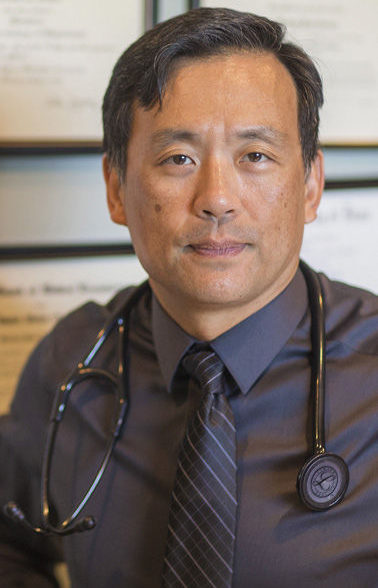
Dr. John Suen, MD, is the Medical Director of Sleep Disorders Center Florida, an accredited medical treatment center for all sleep-related issues located in Vero Beach. He says that lack of sleep will not only leave us tired, it can have a serious negative impact on learning and memory.
For a memory to be created, three things have to happen:
• Acquisition. We need to learn something, or experience something new.
• Consolidation. The memory needs to stabilize in our brain.
• Recall. We need to have the ability to access the memory.
This is true of all types of memories: fact-based (multiplication tables, words to songs); episodic (your wedding day, a high school adventure); and procedural (driving a car, playing the piano).
Dr. Suen says, “Sleep is an important part of learning. Through sleep, we are able to better retain what we have learned.” He says that sleep is also needed for the consolidation phase of memory formation. During sleep, the part of our brain called the hippocampus “replays” recent experiences; this encodes the experiences into long-term memory.
Researchers at New York University School of Medicine and Peking University Shenzhen Graduate School conducted a study on the relationship between sleep and learning. They trained mice to walk on top of a rod as it rotated. They then looked inside the brains of sleep-deprived mice and those who were asleep without harming the mice. The researchers found that sleeping mice formed significantly more neuron connections than their wide-awake friends; what they had been trained to do was being reinforced.
Here are tips for getting a good night’s sleep, courtesy of WebMD (some more obvious than others):
• Go to sleep and wake up at the same time each day.
• Regular exercise is good, but at least 3 hours before bedtime.
• Avoid caffeine, nicotine, and alcohol before going to bed.
• Find a way to unwind before bedtime: read a book, take a warm bath, drink some caffeine-free tea, and avoid any activities that can cause tension or stress.
• Finish eating at least 2 hours before going to bed.
• Create a pleasant sleeping environment; make the room cool, dark, and comfortable.
• Use a sound machine, or other type of white noise, to block out unwanted noise.
• Do not watch TV or use the computer in bed. This is the most important tip, according to Dr. Suen. “Our eyes are connected by the optic nerve to the part of the brain that regulates our internal sleep clock. The light from these sources acts as a potent stimulus.” Additionally, what we see or hear can add to our stress levels, making it harder to relax. So click off the TV, shut down your laptop, and put the Kindle or IPad aside.
Lack of sleep can cause or contribute to a wide range of other serious health problems besides faulty memory. Too little or poor quality sleep can increase your chances of suffering form obesity, heart disease, diabetes, headaches and depression, according to the popular medical website www.webmd.com. The same site quotes a 2010 study published in Sleep that found an association between too little sleep and early death, and quotes a scientist who agreed that “short sleep duration has been linked to earlier mortality,”
On the other hand, there may be some who can sleep less than the recommended seven to eight hours a night and remain healthy.
We’ve all met people who claim not to need much sleep. Usually this means that they don’t get much sleep, and can still function, sort of. But there appears to be a tiny minority of people who really don’t need as much sleep as the rest of us – neither their “acquisition” nor their “consolidation” are adversely affected by fewer hours of sleep.
According to a 2014 study, co-authored by researchers from Philadelphia’s Children’s Hospital and Koc University in Istanbul, this is due to a gene variant which allows these people to spend a larger proportion of their time in deep, slow-wave sleep, as opposed light sleep or rapid eye movement sleep. Dr. Suen read this study, and found it interesting, but feels it was too preliminary to draw general conclusions.
Should the study hold up, there is a possibility that a drug could be developed to mimic the effect of this gene variant, allowing those who took it to spend more time in deep sleep. However, other possible metabolic effects are unknown, and drug development and approval is a long way off.
Dr. Suen says, “Good quality sleep is very important for learning and memory, whether you are a student or many years beyond school. Everyone should make sleep a priority—we can function optimally only if we sleep well.” Dr. Suen also says that it’s a normal expectation, at any age, to feel rested after a night’s sleep; if you are making time for sleep and still don’t feel rested, there is expert help available.
Dr. Suen is board-certified in Sleep Medicine, Pulmonary Disease, Internal Medicine and Critical Care Medicine. Sleep Disorders Center Florida is located at 3735 11th Circle #103 in Vero Beach; the phone number is 772-563-2910.



